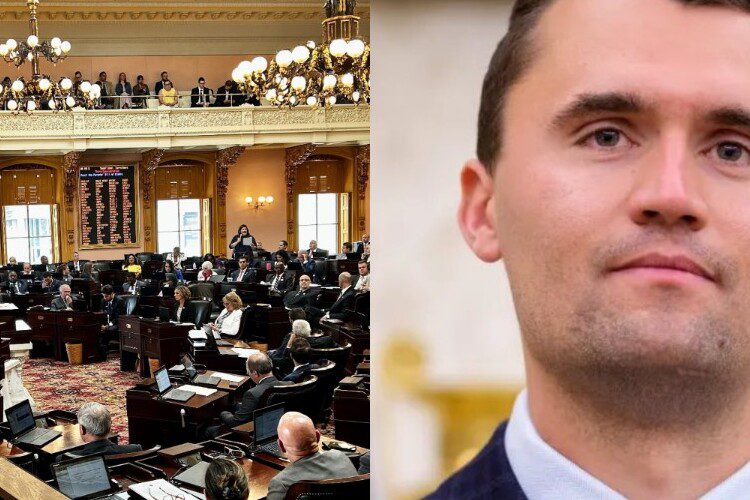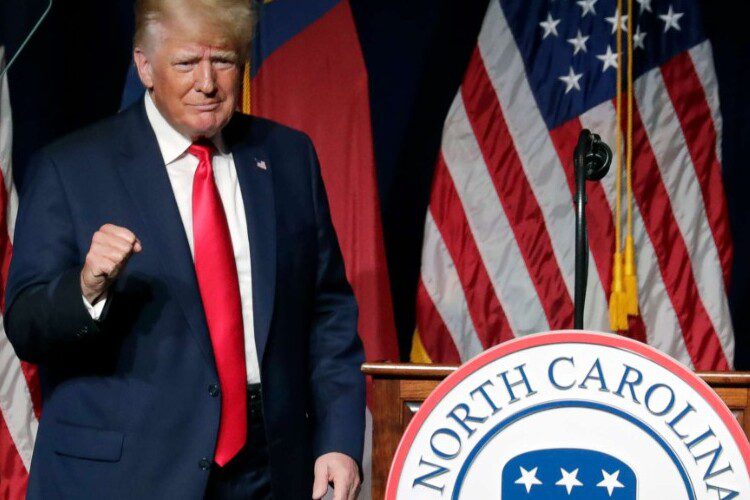House Approves Measure Letting Teachers Highlight Christianity’s Role in America’s Past as Tribute to Late Activist
Beneath the ornate chandeliers of the Ohio Statehouse, where the air carries the faint polish of history and the weight of decisions that shape young minds, lawmakers cast their votes on November 20, 2025, in a moment that blended legislative precision with quiet reverence. House Bill 486, known as the Charlie Kirk American Heritage Act, cleared the chamber 64-30 along party lines, a measure that empowers public school teachers and university professors to explore the positive influence of Judeo-Christian values on American history without the chill of potential backlash. Sponsored by Reps. Gary Click of Ottawa County and Mike Dovilla of Westlake, the bill arrives as both a policy pivot and a poignant homage to Charlie Kirk, the 31-year-old conservative activist whose life ended in senseless violence just two months earlier. For educators who have tiptoed around topics like the Great Awakenings or faith-fueled abolitionism, fearing complaints or audits, the legislation offers a shield of clarity—a chance to weave fuller narratives into lessons that have long felt incomplete. As the session adjourned, a few members lingered near the rostrum, sharing stories of Kirk’s campus rallies that once filled Ohio auditoriums, their conversations a soft echo of loss and lingering inspiration.
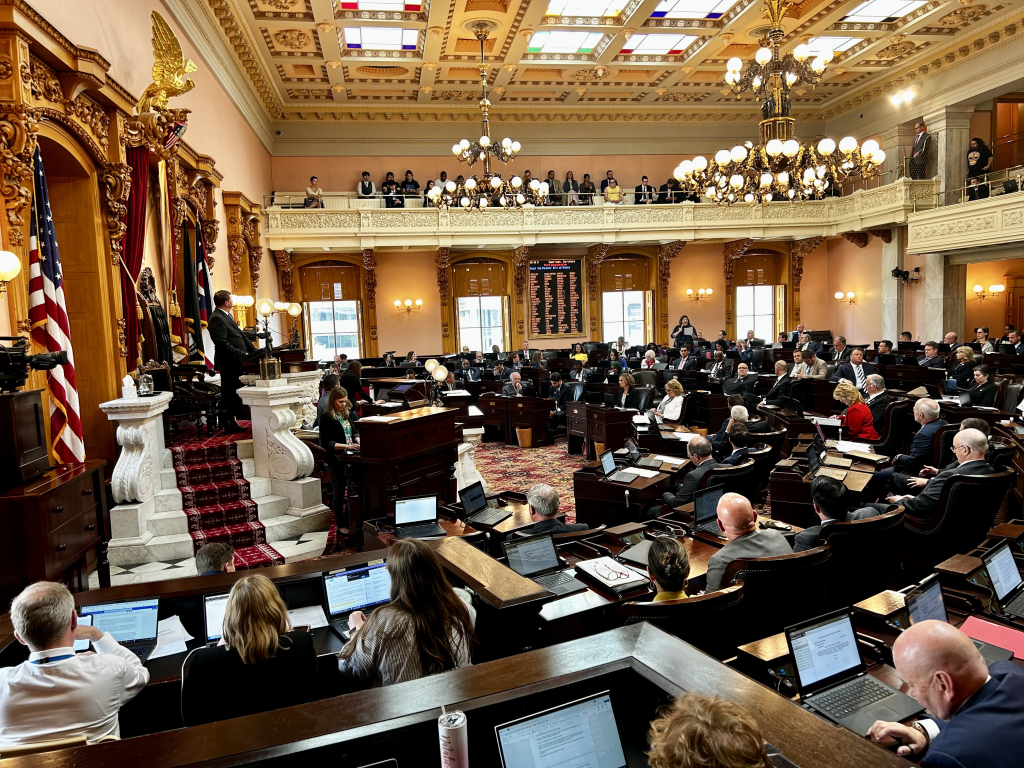
Charlie Kirk’s legacy, one of fiery conviction wrapped in youthful energy, had always centered on reclaiming what he saw as the overlooked soul of America. Born October 14, 1993, in the Chicago suburb of Prospect Heights to a family grounded in everyday Midwestern life—his father running a small business, his mother tending home—he bypassed his high school senior year to pursue a calling that felt bigger than textbooks. At 18, in 2012, he co-founded Turning Point USA with a modest $30,000 family loan, envisioning a network to counter what he described as liberal strongholds on college campuses by promoting principles of free enterprise, limited government, and cultural heritage. From a garage operation, it grew into a powerhouse: by 2025, over 3,000 chapters spanned high schools and universities, with an annual budget nearing $92 million and events drawing tens of thousands to debates on everything from fiscal responsibility to faith’s foundational role. Kirk’s style—sharp wit, relatable anecdotes, and a disarming smile—made him a magnet for young conservatives, his podcast “The Charlie Kirk Show” amassing millions of downloads weekly. He became a fixture at Republican gatherings, advising on youth mobilization that helped secure key battlegrounds in 2024, but his heart lay in education reform, often urging teachers to highlight how biblical ethics inspired the abolition of slavery and the civil rights marches. “America’s story is one of divine providence meeting human grit—let’s teach it all, without the filters,” he told a rapt audience at Ohio University’s Athens campus in March 2025, his passion a spark that lawmakers now seek to fan.
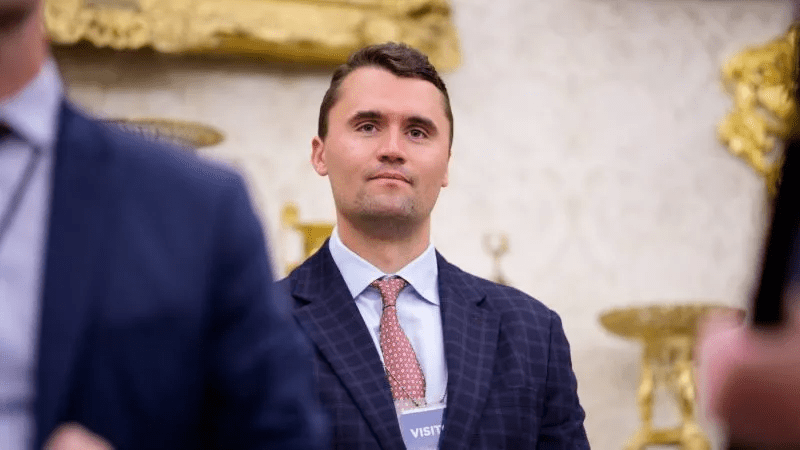
That spark dimmed abruptly on September 11, 2025, during a routine speaking engagement at Utah Valley University in Orem, a date laden with echoes of national wounds. Kirk, midway through a talk on “Faith, Freedom, and the Future,” was fatally shot by 24-year-old Marcus Robinson, a former student whose manifesto decried Kirk’s influence as divisive. The attack, ruled politically motivated, prompted a $100,000 FBI reward and charges carrying the death penalty, but it couldn’t extinguish the movement Kirk built. Vigils lit up campuses from Ann Arbor to Athens, with Turning Point chapters sharing testimonials of late-night mentorships and quiet scholarships for students from fractured homes. In Ohio, where Kirk had rallied at Kent State and Miami University, the loss hit like a family bereavement. Rep. Click, a Lutheran pastor who bonded with Kirk over shared frustrations with “sanitized” history texts, introduced the bill on September 29, just weeks after the shooting. “Charlie saw education as a battlefield for truth—he challenged us to honor the faith that forged our freedoms,” Click said during floor debate, his tone measured but eyes reflecting the personal toll of a friendship severed too soon. Dovilla, a former representative with a background in education policy, co-sponsored to ensure the measure’s reach into universities, drawing from Kirk’s final Ohio visit where he advocated for “unafraid classrooms.”
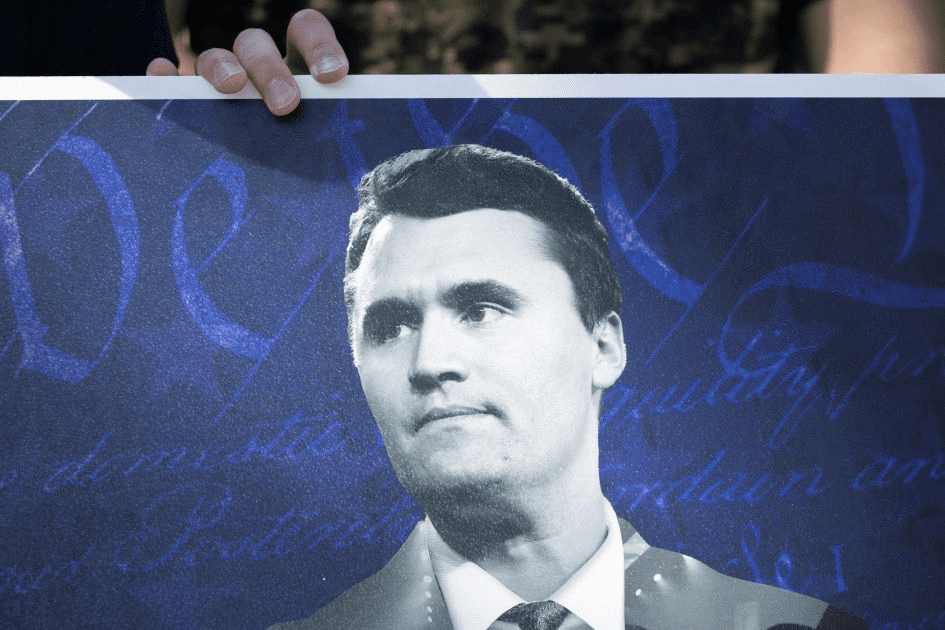
The Charlie Kirk American Heritage Act, at its core a six-page amendment to Ohio Revised Code sections on instructional standards, seeks to fill what supporters call a void in historical discourse. It explicitly allows educators to cover “the positive historical influence of Judeo-Christian values,” providing examples like the role of religious revivals in temperance movements or faith communities in the Underground Railroad. The language emphasizes neutrality—no required prayers, no doctrinal endorsements—but offers legal cover against complaints, tying into existing free speech protections while mandating age-appropriate delivery. “Teachers deserve the freedom to teach comprehensively, just as our founders intended,” Dovilla noted in a statement post-passage, referencing the bill’s alignment with Supreme Court decisions like Espinoza v. Montana (2020) that affirm religious perspectives in public education. In a state where 68 percent of public school students hail from Christian backgrounds per the Ohio Department of Education, the measure resonates as a return to roots, but its Senate path—likely introduction by December 1 under GOP control—will test broader appetites amid calls for inclusivity.

For those on the front lines of Ohio’s classrooms, the bill evokes a spectrum of relief and reflection, stories that humanize the policy’s reach. Take Laura Mitchell, a 52-year-old middle school teacher in Warren, who has spent 28 years guiding seventh-graders through the American Revolution. Mitchell, a grandmother whose own children attended public schools, once redacted references to Puritan sermons in lesson plans after a parent’s query about “proselytizing.” “I want to show how faith drove the mercy at Valley Forge or the resolve in Selma—it’s part of the human story,” she shared in a tearful interview after the vote, her voice catching as she recalled Kirk’s 2024 visit to her district, where he encouraged educators to “own the narrative.” Mitchell’s class, a mix of white, Black, and Hispanic kids from steel-town families, thrives on such depth; one student, inspired by a discussion of MLK’s biblical allusions, penned an essay on modern justice that won a state contest. In Cincinnati’s diverse enclaves, where immigrant families from Somalia and Syria fill desks, teachers like Ahmed Khalil, a Muslim history specialist, see potential for balance. “If it opens doors to all faiths’ contributions—Islam’s Golden Age scholars, Jewish ethical frameworks—it’s a win for everyone,” Khalil said, his optimism tempered by hopes for Senate amendments ensuring equity.
The measure’s journey through the House was marked by earnest exchanges that laid bare the era’s cultural crosscurrents. During October hearings, witnesses from faith groups like the Ohio Council of Churches praised the bill for restoring “moral context” to curricula stripped by 1980s secular reforms, while civil liberties advocates from the ACLU of Ohio urged veto-proof language to prevent “subtle endorsements.” Rep. Munira Abdullahi, D-Columbus, one of 30 no votes, expressed concerns in debate that prioritizing “positive” Judeo-Christian elements might sideline other traditions, her words drawing from her Somali heritage and constituents’ calls for inclusive timelines. “History is a mosaic—let’s polish every tile, not just the gold ones,” she offered, her amendment for multicultural modules falling short on a 58-36 tally. The vote itself, swift at 64-30, reflected Ohio’s GOP supermajority—65-34 in the House—but also a bipartisan undercurrent, with three Democrats crossing aisles for educators’ sake. Post-passage, Click and Dovilla hosted a press event in the Statehouse rotunda, where Kirk’s photo stood beside replicas of the Liberty Bell, a symbolic nod to the freedoms the bill seeks to illuminate.
As the legislation awaits Senate scrutiny—expected introduction by Sen. Andrew Brenner of Powell, with a possible floor vote by mid-December—public sentiment swirls like leaves in a Columbus wind, a blend of celebration and caution that mirrors the Buckeye State’s thoughtful core. On social media, #CharlieKirkAct amassed 1.5 million impressions, with evangelical parents in Dayton sharing videos of family Bible studies tied to historical figures, their captions brimming with gratitude: “Finally, my kids learn the faith that built this nation.” A viral clip from a Toledo high school teacher reenacting Jonathan Edwards’ sermons drew 200,000 views, cheers from viewers who saw it as reclaiming “erased chapters.” Yet counter-narratives emerged from secular hubs like Oberlin, where a petition from 5,000 signatures urged the Senate to “protect pluralism,” citing fears of alienating non-Christian students in a state where 15 percent identify as unaffiliated. In Cleveland’s melting-pot neighborhoods, interfaith dialogues hosted by local mosques and synagogues explored the bill’s edges, participants like Rabbi Sarah Levin finding common ground: “Kirk’s passion for heritage can include us all—if we guide it with grace.” These conversations, from PTA meetings in Mansfield to coffee klatches in Marietta, reveal Ohio’s heart—a place where history lessons are family heirlooms, passed with care to honor the past while embracing the mosaic of tomorrow.
In the end, as winter’s chill settles over the Scioto River and holiday lights flicker in school windows, the Charlie Kirk American Heritage Act stands as a bridge between remembrance and renewal. For Click and Dovilla, it’s a fulfillment of a promise to a fallen friend; for teachers like Mitchell and Khalil, a tool to enrich the daily dance of discovery; for families across Ohio’s farmlands and factories, a chance to see their values reflected in the stories that shape their children. Whether the Senate affirms it with tweaks or sends it back for refinement, the bill invites a deeper engagement with America’s soul—one where faith’s light illuminates not just triumphs, but the shared humanity that binds us all. In classrooms come January, as students pore over texts newly alive with context, Kirk’s spirit endures: a call to teach boldly, listen deeply, and remember that history, like hope, is a flame passed hand to hand.
